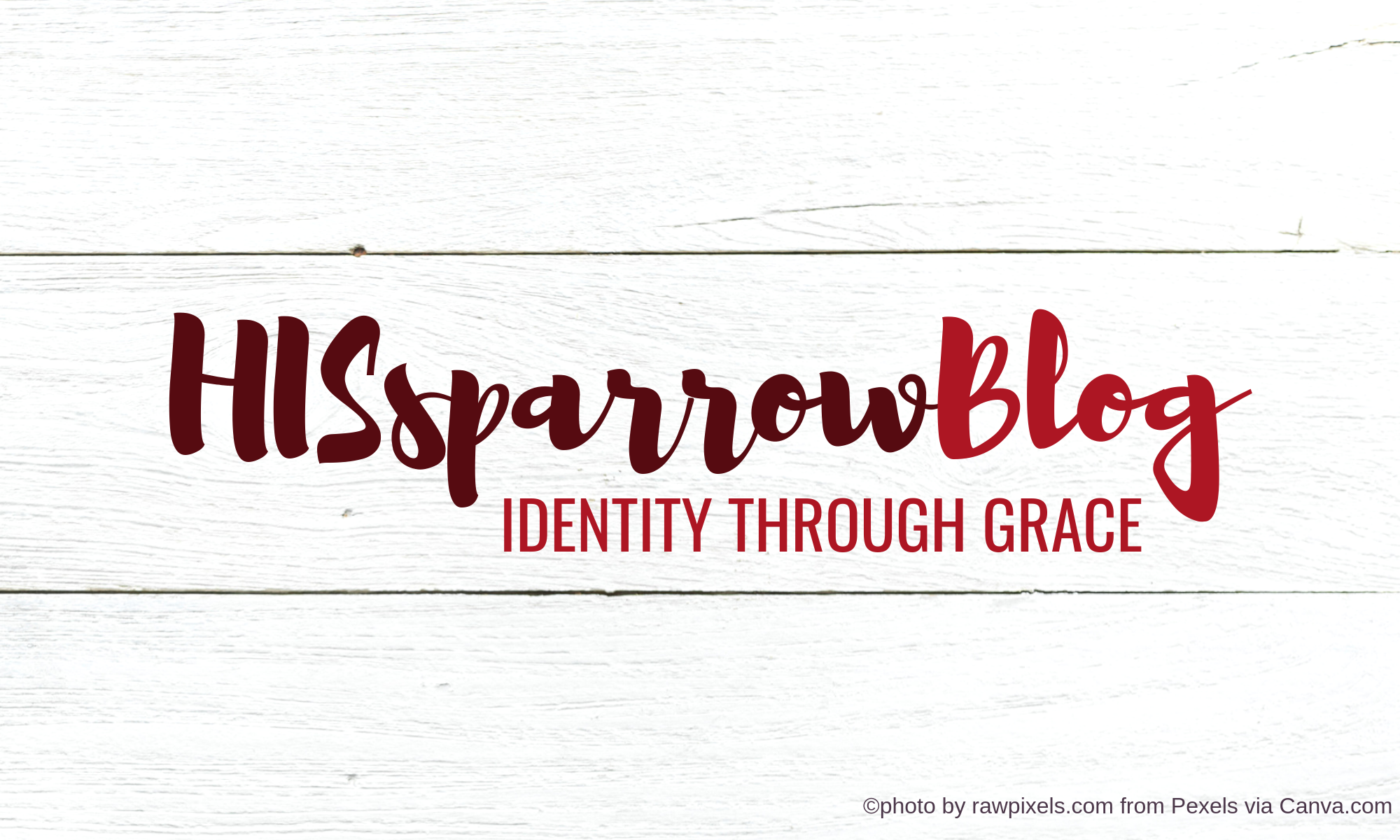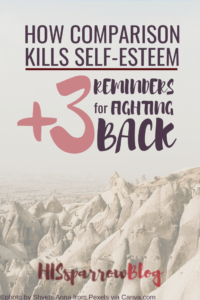Did you know there is a difference between encouragement and flattery? Today we’ll talk about what that difference is and why it matters.
Throughout my life, I’ve struggled with many insecurities. Am I dumb? Weird? Not enough?
But there’s one area I’ve always been confident about: I was put here to encourage others. This entire blog is devoted to readers’ encouragement. And I’ve taken pride in being an encourager.
Now that I’ve written that statement, I’m wondering if perhaps there’s a flaw in there somewhere when I’m prideful about it.
I’ve been thinking on this topic for a while now, though. A friend (Lisa at Lisa’s Notes) recently mentioned that there is a difference between encouragement and flattery, and I was reminded of verses I’ve read that have brought me up short on the topic before.
A man who flatters his neighbor
Proverbs 29:5 NASB
Is spreading a net for his steps.
But how do I know if I’m flattering or encouraging?
The Oxford Dictionary has a good definition of flattery:
Excessive and insincere praise, given especially to further one’s own interest.
But how could praise be bad? Surely saying something positive would be good, right?
The Bible says:
A lying tongue hates those it crushes,
Proverbs 26:28 NASB
And a flattering mouth works ruin.
And this:
Lying lips are an abomination to the Lord,
Proverbs 12:22 NASB
But those who deal faithfully are His delight.
No matter how “good” praise can seem, if it’s false, then it’s a lie. And a lie can never build up.
But how could we find ourselves telling someone something untrue to begin with? What could be the motivation? According to our definition earlier, that motivation stems from the desire to “further one’s own interest.”
One’s own interest.
Now I may be getting a clearer picture of the difference because I can’t help but be reminded of my people-pleasing inclinations. How many times have I said something for the sole purpose of trying to get someone to like me? Or to prove I’m good at whatever thing? Or so I could say I’d done my part to “fix” the situation?
I’m seeing a pattern there. “Furthering one’s own interest” is right because there is a lot of self in the above questions.
Flattery focuses on the self while encouragement focuses on the other person and their best interests. Not to mention, it can be shallow, manipulative, and even dismissive—all qualities that are inconducive to support and encouragement.
So I have that straight now, but how do I make sure I don’t fall into the flattery trap again?

How to Give Genuine Encouragement
#1 – Listen.
This is an easy step to miss, and although many of the following steps don’t require a certain order, this one could probably always be the first in most situations.
We must pay attention to what others say and do—and even to what someone doesn’t say sometimes—to be able to offer any kind of encouragement. A piece of advice I’ve often heard and is wonderful to keep in mind is to not think about what you want you to say and leap into your bit when they pause. Just listen.
Normally, we tend to know when someone is truly listening to us, and when we feel that someone has heard us, sometimes that’s all we need to feel valued, respected, and encouraged.
#2 – Be authentic.
The word authentic is a popular one these days, but it has a lot of merit. As most things do, authenticity requires reciprocation. We value it in other people, yet we must give it first. This requires us to evaluate our motives.
Are we seeking to “fix” the situation and move on?
Do we want to just make the other person feel better to make ourselves feel better?
Are we passing out platitudes in a situation where we can’t possibly know that there will be a positive outcome?
#3 – Be supportive.
We can offer help, feedback, recognition, but we must remember, too, that encouragement doesn’t always have to be spoken. Sometimes it’s the unspoken that means the most to us.
Flattery can be an easy trap to fall into for any of us—maybe especially for someone who likes to encourage others—but it can’t build others up the way we want. Only genuine encouragement can do that.
Have you found that you were flattering someone rather than encouraging them? What helps you to prevent this? Let me know in the comments below.
more reading
- 7 Practical Areas of Christian Stewardship from HISsparrowBlog
- Bad Habits Every Christian Should Break Now from HISsparrowBlog
- 5 Simple Things the People-Pleaser Should Remember from HISsparrowBlog

I frequently link up with the following: Grace & Truth with Embracing the Unexpected, Tell His Story with Jeanne Takenaka, Let’s Have Coffee with Joanne Viola, and Blessing Bloggers with Deb Wolf.





Loved reading this. I see another perspective. I haven’t had this problem. I tend to be brutally honest so a compliment from me is exactly what I’m thinking.
Honesty is always a good policy as they say. Thanks so much for commenting!
I’ve also wondered where the distinction is between flattery and encouragement. You make a good point that our motivation is a big part of it. I’ve been guilty of complimenting someone because, way deep down, I want them to like me or think well of me. The compliment was true and I really meant it—but my motives were focused on me rather than the person.
Yes, not focusing on ourselves can be so hard. Thank you for commenting, Barbara!
I love your insights here, Ashley. I think you definitely have the gift of encouragement! I’ve felt encouraged by you many times, friend. Thank you for being you!
I’m so glad you’ve been encouraged, Lisa! Thank you so much for commenting!
This was definitely food for thought for me, Ashley. My desire is to be an encourager as well, but I definitely want to be truthful and for the right motives.
Thanks for sharing!
Yes, the right motives can be tricky, can’t they? Thanks so much for commenting!
Ashley, you have written a most thought provoking post. I have often thought about the difference between flattery and encouragement. This right here is so true >> “Flattery focuses on the self while encouragement focuses on the other person and their best interests. Not to mention, it can be shallow, manipulative, and even dismissive.” Flattery wants for ourselves to be thought of as kind and encouraging. Oh that we would be mindful of the difference and what we say to others.
Yes, wanting others to think well of me is a shortcoming for me so many times. Thank you so much for your encouragement, Joanne!
Ashley, I’m encouraged by your message today. Thank you for this wonderful lesson.
Visiting today from Joanne’s
Thanks so much for commenting, Paula.